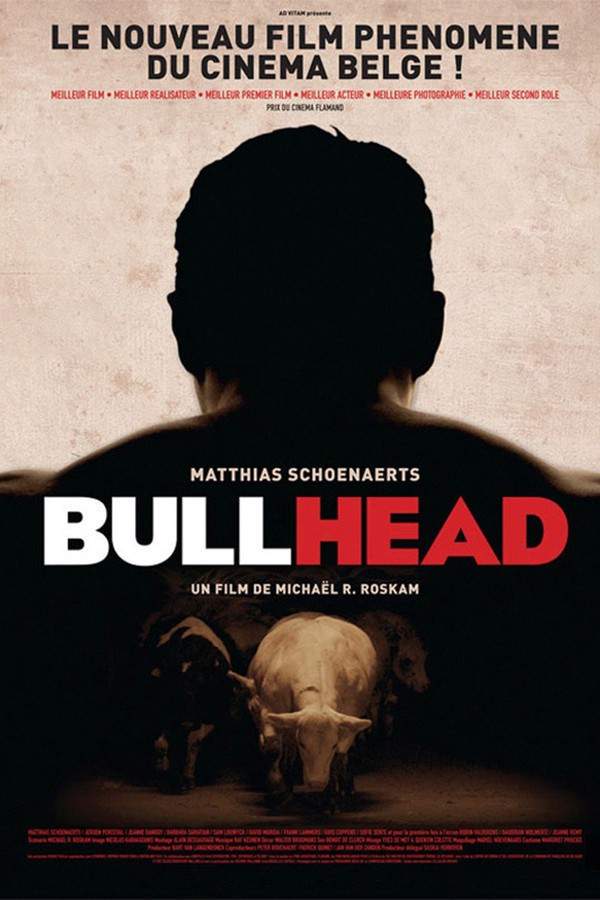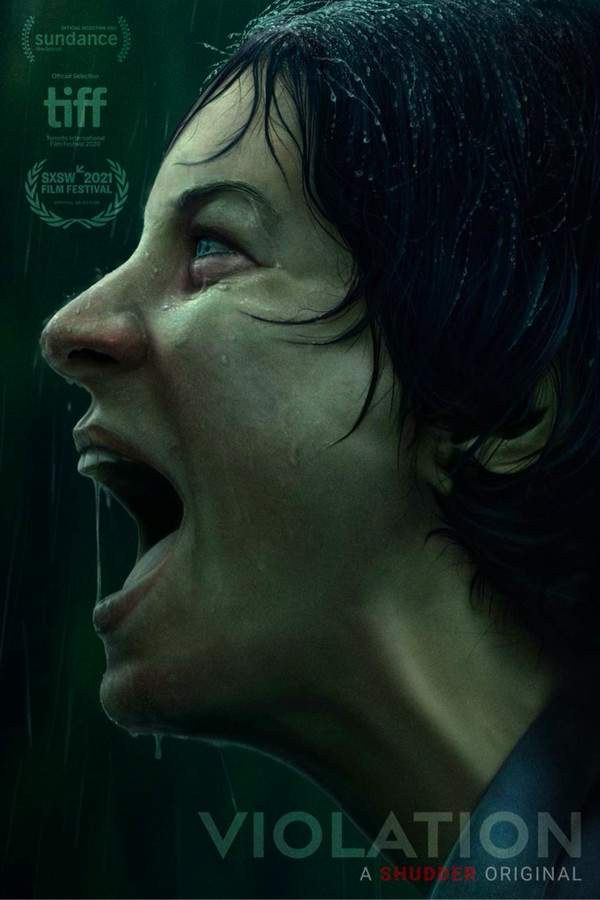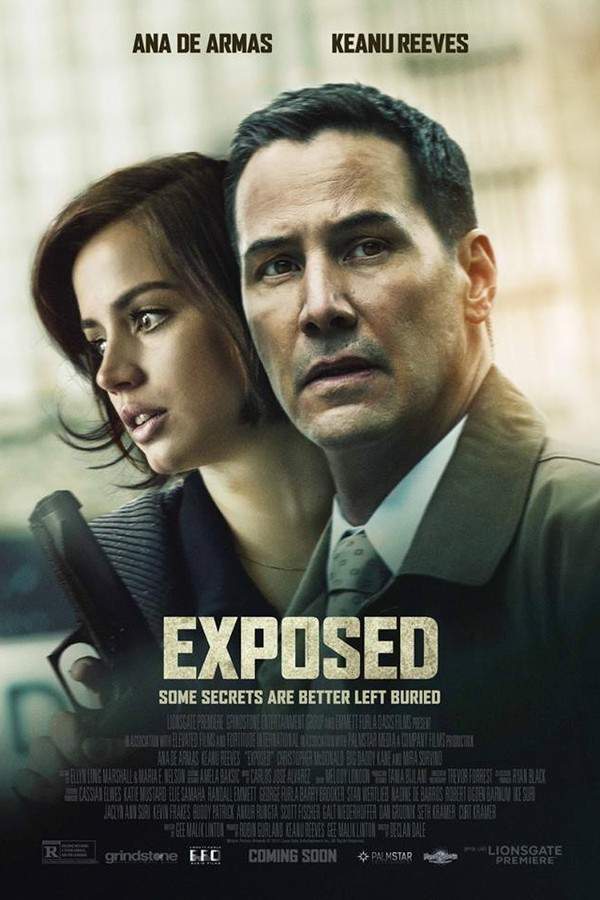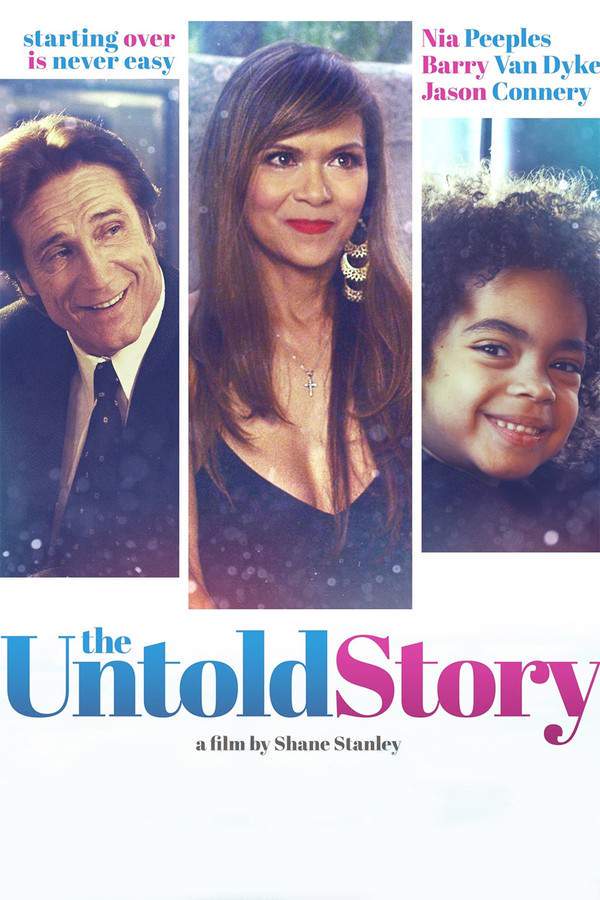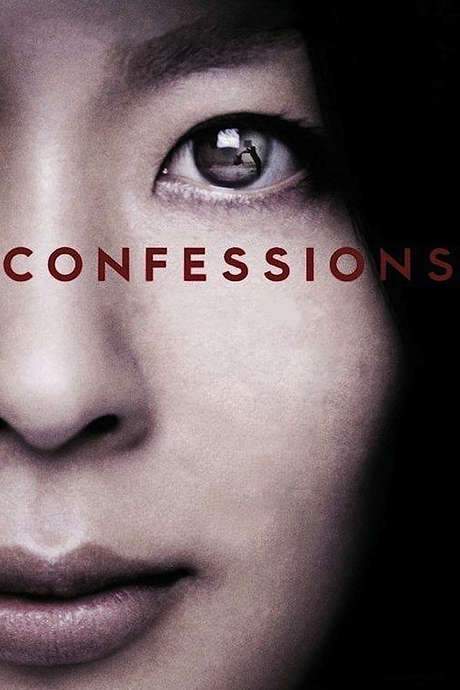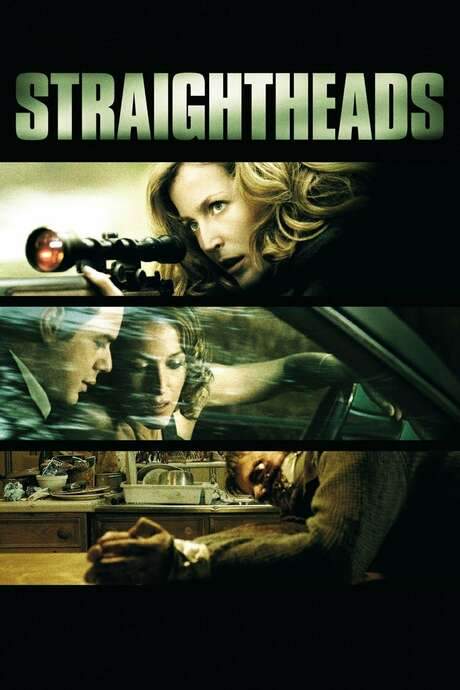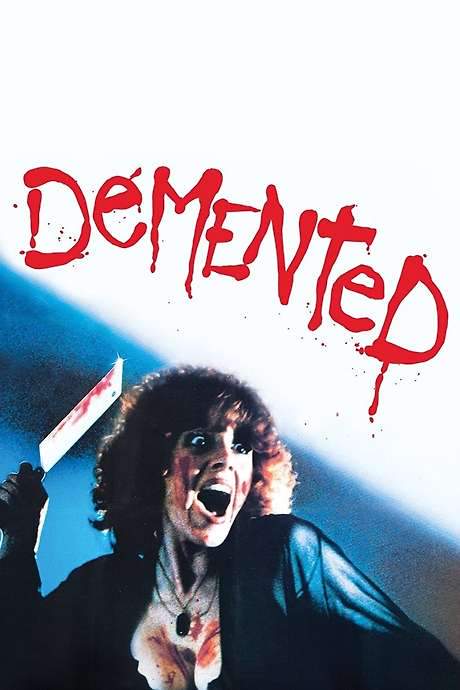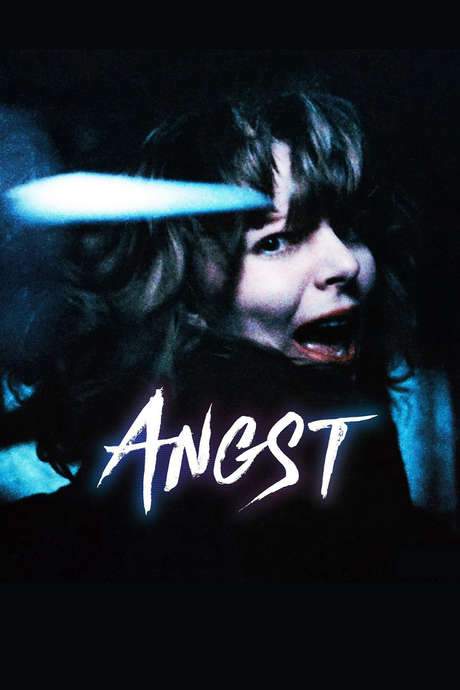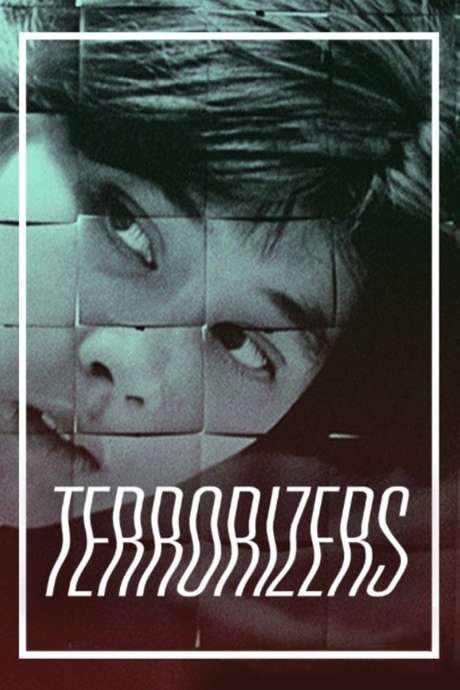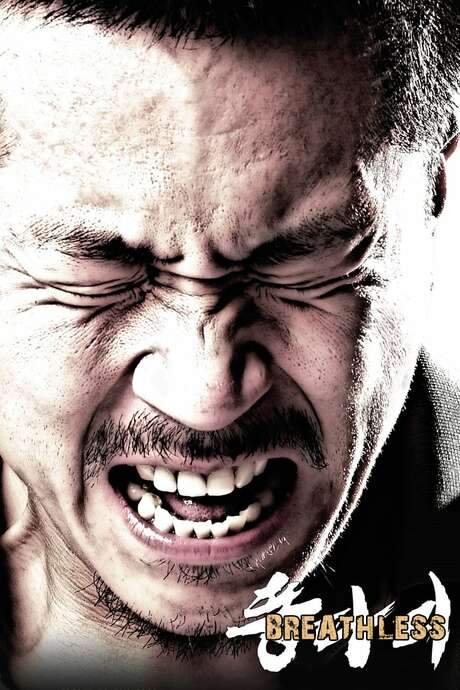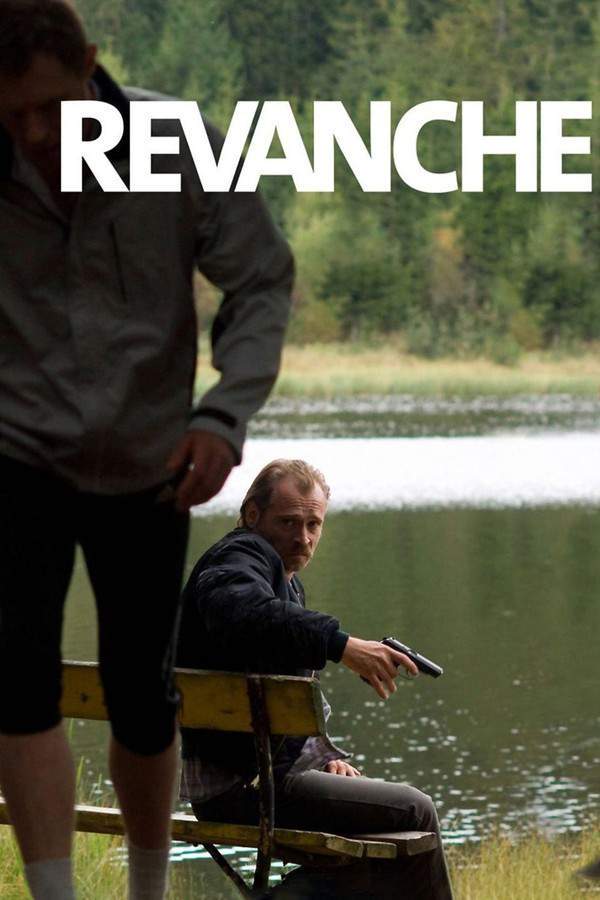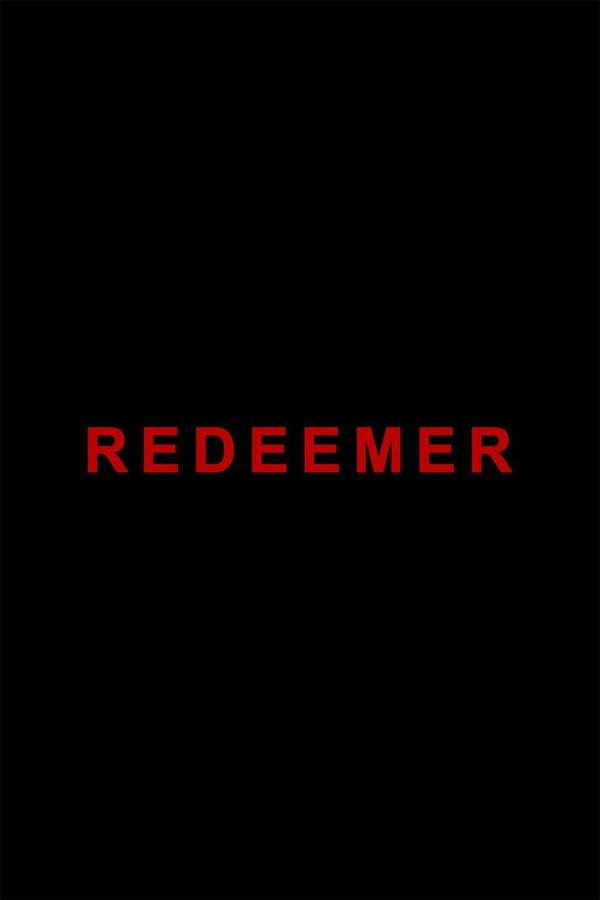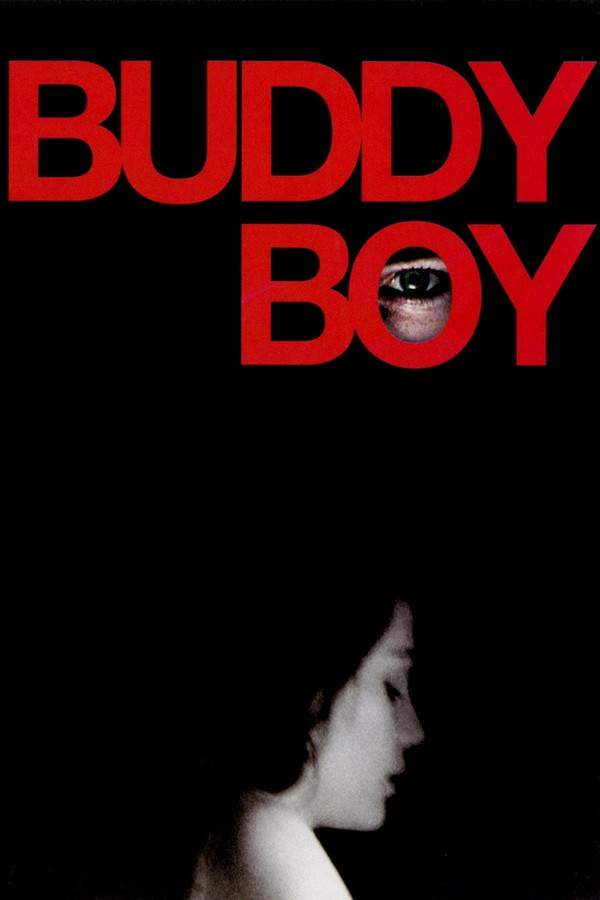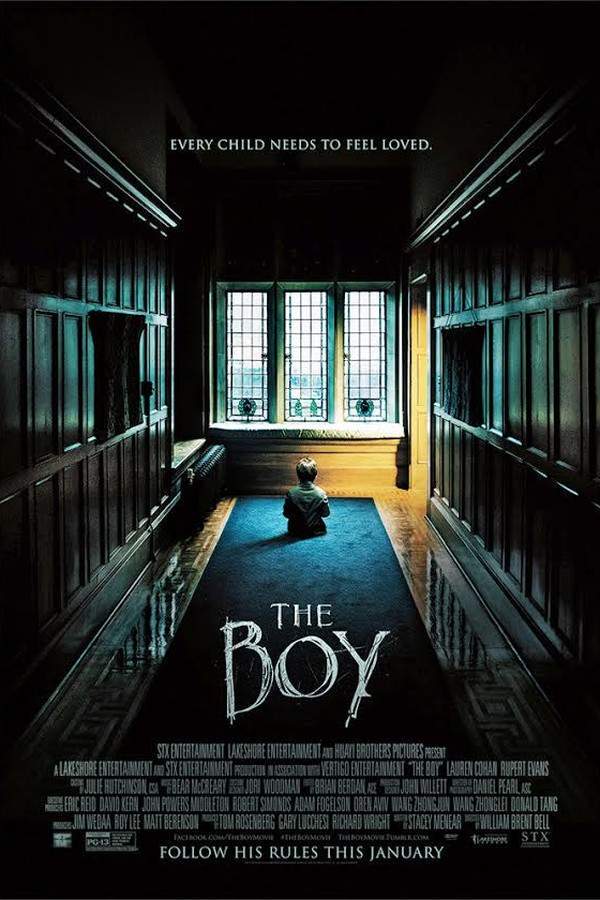
Bad Boy Bubby
Year: 1993
Runtime: 114 mins
Language: English
Director: Rolf de Heer
Bubby has spent his first thirty years confined by his overprotective mother, who insists the outside air is poisonous. When his estranged father finally appears, Bubby is thrust into the outside world—a bewildering, chaotic place that feels as alien to him as he feels to it. Seeking love and connection, he must navigate this strange new reality.
Warning: spoilers below!
Haven’t seen Bad Boy Bubby yet? This summary contains major spoilers. Bookmark the page, watch the movie, and come back for the full breakdown. If you're ready, scroll on and relive the story!
Bad Boy Bubby (1993) – Full Plot Summary & Ending Explained
Read the complete plot breakdown of Bad Boy Bubby (1993), including all key story events, major twists, and the ending explained in detail. Discover what really happened—and what it all means.
In a desolate industrial zone of Adelaide, Bubby is a mentally challenged 35-year-old man who lives in a squalid house with his abusive, religiously fervent mother. The two share a suffocating routine: his mother keeps him isolated, convinces him that the outside air is toxic, and warns that Jesus will strike him down if he ever steps out. Their relationship is deeply troubled and intertwined with control, as Florence frequently encourages Bubby to engage in incestuous acts with her, while the two survive only with the companionship of a pet cat that tragedy ultimately claims through a cruel accident with clingwrap. This bleak domestic world is shattered when Harold, Angel’s Father, returns after years away, having abandoned Florence to pursue a preaching life. He bears little warmth for his son, mocks his condition, and participates in the physical abuse that colors Bubby’s childhood. The cycle of cruelty intensifies, leaving Bubby in a defenseless, frightened state, until a desperate act of suffocation ends his parents’ reign and propels him toward the unknown world beyond the house.
From that moment, [Bubby] steps into a society that barely notices him yet cannot ignore the spectacle of his behavior. He is taken in by members of The Salvation Army and wanders into the town center, where locals taunt him for his social awkwardness and odd conduct. A rock band notices him and offers a lift, and he helps them set up a gig, finding in their world both welcome and unease. The band grows fond of him, even as his unpredictability unsettles them. When a newspaper report appears about the murder of his parents and implies he may be the killer, the band members decide to send him to stay with their friend Dan, hoping to separate him from the crowds that might misjudge him. Dan becomes a new anchor, and the two men share meals and conversations that reveal Bubby’s hunger for belonging, even as his behavior remains troubling and unpredictable.
Yet trouble continues to follow him. After a dinner outing with Dan, Bubby fondles a woman and is arrested. In jail, he refuses to cooperate with the warden and is rebuked as punishment, placed in a separate cell where he is assaulted by another inmate, known only as “The Animal.” The prison chief ultimately declares him rehabilitated and releases him back into the world. In a church, Bubby encounters a figure known as The Scientist, who articulates a radical, bleak philosophy: God does not exist, and it is humanity’s duty to “think God out of existence” and shoulder responsibility for themselves. > “God does not exist,” he proclaims, “and it is the job of humans to think God out of existence and take responsibility for themselves.” This encounter marks a turning point in Bubby’s perception of purpose and his place in a world that has never treated him kindly.
Back in the world, Bubby returns to a pub and again fondles a woman, drawing a violent response from her friends. Overwhelmed by rejection and disillusionment, he strips away the old identity and dons his father’s clothes to become the persona of Pop. With a newly found confidence, he reenters the town and finds a stray cat to care for, a symbol of nurture he has long craved. He reappears at the rock club, where he delivers a surreal, hypnotic performance on stage—repeating phrases he has absorbed from others—earning a curious adoration from the crowd. He returns to feed his cat, only to discover it has been killed by local hoodlums, a fresh wound that intensifies his emotional volatility.
A compassionate nurse, Angel, caring for people with physical disabilities, becomes his next beacon. They form a bond and become lovers, and Bubby finds a strange sense of belonging in her tenderness. They retreat to the care center, and his fixation on her breasts—reminding him of his mother—loosens his fear and fuels his affectionate power. Angel invites him to dinner with her strict and religious parents, a meal that becomes a crucible of humiliation for her. They mock her weight, provoking Bubby to curse at God in anger, and the blowback from Angel’s parents forces him to leave. The conflict culminates in a grim act: Bubby uses clingwrap again to kill Angel’s parents, severing the last thread of social resistance to their relationship and carving out a brutal path toward a life that feels truly his own. Still, the couple remains together, and they eventually start a family, finding perhaps a fragile sense of peace as they build a new life together.
- The story preserves a steady core: a man shaped by abuse, isolation, and a society that rarely sees him as anything more than an anomaly, who nevertheless discovers moments of connection, artistry, and forbidden love. Through Bubby’s evolving alter egos—the boy, the Pop figure, and the steadfast partner to Angel—the film tracks a paradoxical journey: a brutal path toward self-definition that nonetheless ends with fragile, ambiguous happiness. The film’s tone remains restrained, its world harsh and unyielding, yet it never loses sight of Bubby’s humanity, his longing for touch and approval, and the small, stubborn glimmers of beauty that survive amid chaos.
[Notes on performances and cast connections]
-
Bubby anchors the film with a daunting mix of vulnerability and odd charisma.
-
The maternal force is represented by Mum, a figure whose presence shapes Bubby’s entire world.
-
Angel becomes the film’s emotional fulcrum, offering tenderness that clashes with his volatile impulses.
-
Pop marks a pivotal reinvention of identity, a mask that allows him to navigate the world with audacious confidence.
-
The film’s philosophical turn arrives through The Scientist, who voices a stark nihilism that challenges Bubby to consider responsibility beyond religious belief.
The narrative unfolds as a stark, unflinching examination of a man who cannot fit the mold of ordinary society, yet who discovers a path toward dignity, connection, and family in the most unlikely of places. If you’re seeking a raw, uncompromising character study wrapped in a bleak, surreal edge, this story offers a long, contemplative journey into the heart of a difficult life and the stubborn hope that persists within it.
Last Updated: October 09, 2025 at 11:27
Explore Movie Threads
Discover curated groups of movies connected by mood, themes, and story style. Browse collections built around emotion, atmosphere, and narrative focus to easily find films that match what you feel like watching right now.
Raw character studies like Bad Boy Bubby
Films about damaged individuals confronting a brutal and unwelcoming society.Find more movies like Bad Boy Bubby that focus on unflinching character studies. If you liked following Bubby's challenging journey, you'll appreciate these stories of vulnerable individuals grappling with a hostile world and their own traumatic pasts.
Narrative Summary
The narrative follows a linear but brutal character arc, often beginning with a state of confinement or trauma. The protagonist is thrust into a chaotic world, and the story unfolds as a series of brutal encounters that shape their new identity. The journey is as much about external survival as it is an internal, philosophical crisis.
Why These Movies?
Movies in this thread share a relentless focus on a singular, damaged protagonist, a dark and raw tone, and a steady pacing that allows for deep immersion into the character's painful but transformative experience. They are connected by their heavy emotional weight and high intensity.
Movies with bittersweet endings like Bad Boy Bubby
Stories where characters achieve connection or peace at a terrible moral cost.Discover films with bittersweet endings similar to Bad Boy Bubby. These movies feature characters who find a fragile peace or connection, but their happiness is tainted by the violent or morally complex paths they took to achieve it.
Narrative Summary
The narrative arc often involves an outsider or anti-hero who commits acts of violence, not purely for malice, but as a misguided or necessary step toward achieving a fundamental human need like love or safety. The climax leads to a resolution that offers a semblance of hope or family, but this positive outcome is inextricably linked to the protagonist's dark actions, creating a profound moral ambiguity.
Why These Movies?
These films are connected by their complex, bittersweet endings that blend hope with horror. They share a heavy emotional weight and a dark tone, exploring the paradoxical idea that violence can sometimes pave a path to a fragile, imperfect form of redemption.
Unlock the Full Story of Bad Boy Bubby
Don't stop at just watching — explore Bad Boy Bubby in full detail. From the complete plot summary and scene-by-scene timeline to character breakdowns, thematic analysis, and a deep dive into the ending — every page helps you truly understand what Bad Boy Bubby is all about. Plus, discover what's next after the movie.
Bad Boy Bubby Timeline
Track the full timeline of Bad Boy Bubby with every major event arranged chronologically. Perfect for decoding non-linear storytelling, flashbacks, or parallel narratives with a clear scene-by-scene breakdown.

Characters, Settings & Themes in Bad Boy Bubby
Discover the characters, locations, and core themes that shape Bad Boy Bubby. Get insights into symbolic elements, setting significance, and deeper narrative meaning — ideal for thematic analysis and movie breakdowns.

Bad Boy Bubby Spoiler-Free Summary
Get a quick, spoiler-free overview of Bad Boy Bubby that covers the main plot points and key details without revealing any major twists or spoilers. Perfect for those who want to know what to expect before diving in.

More About Bad Boy Bubby
Visit What's After the Movie to explore more about Bad Boy Bubby: box office results, cast and crew info, production details, post-credit scenes, and external links — all in one place for movie fans and researchers.

Similar Movies to Bad Boy Bubby
Discover movies like Bad Boy Bubby that share similar genres, themes, and storytelling elements. Whether you’re drawn to the atmosphere, character arcs, or plot structure, these curated recommendations will help you explore more films you’ll love.
Explore More About Movie Bad Boy Bubby
Bad Boy Bubby (1993) Scene-by-Scene Movie Timeline
Bad Boy Bubby (1993) Movie Characters, Themes & Settings
Bad Boy Bubby (1993) Spoiler-Free Summary & Key Flow
Movies Like Bad Boy Bubby – Similar Titles You’ll Enjoy
Buddy Boy (2000) Detailed Story Recap
The Boy (2015) Plot Summary & Ending Explained
Bad Guy (2001) Ending Explained & Film Insights
Bad Bunny (2017) Film Overview & Timeline
Big Bad Wolf (2006) Ending Explained & Film Insights
A Bad Son (1980) Film Overview & Timeline
Bad Manners (1984) Film Overview & Timeline
Sonny Boy (1989) Full Summary & Key Details
Bad Boy (1925) Spoiler-Packed Plot Recap
Bad Biology (2008) Plot Summary & Ending Explained
Little Boy Blue (1997) Plot Summary & Ending Explained
Buddy Boy (1999) Film Overview & Timeline
The Baby (1973) Movie Recap & Themes
Mumsy, Nanny, Sonny & Girly (1970) Full Summary & Key Details
Boy Meets Girl (1994) Plot Summary & Ending Explained

